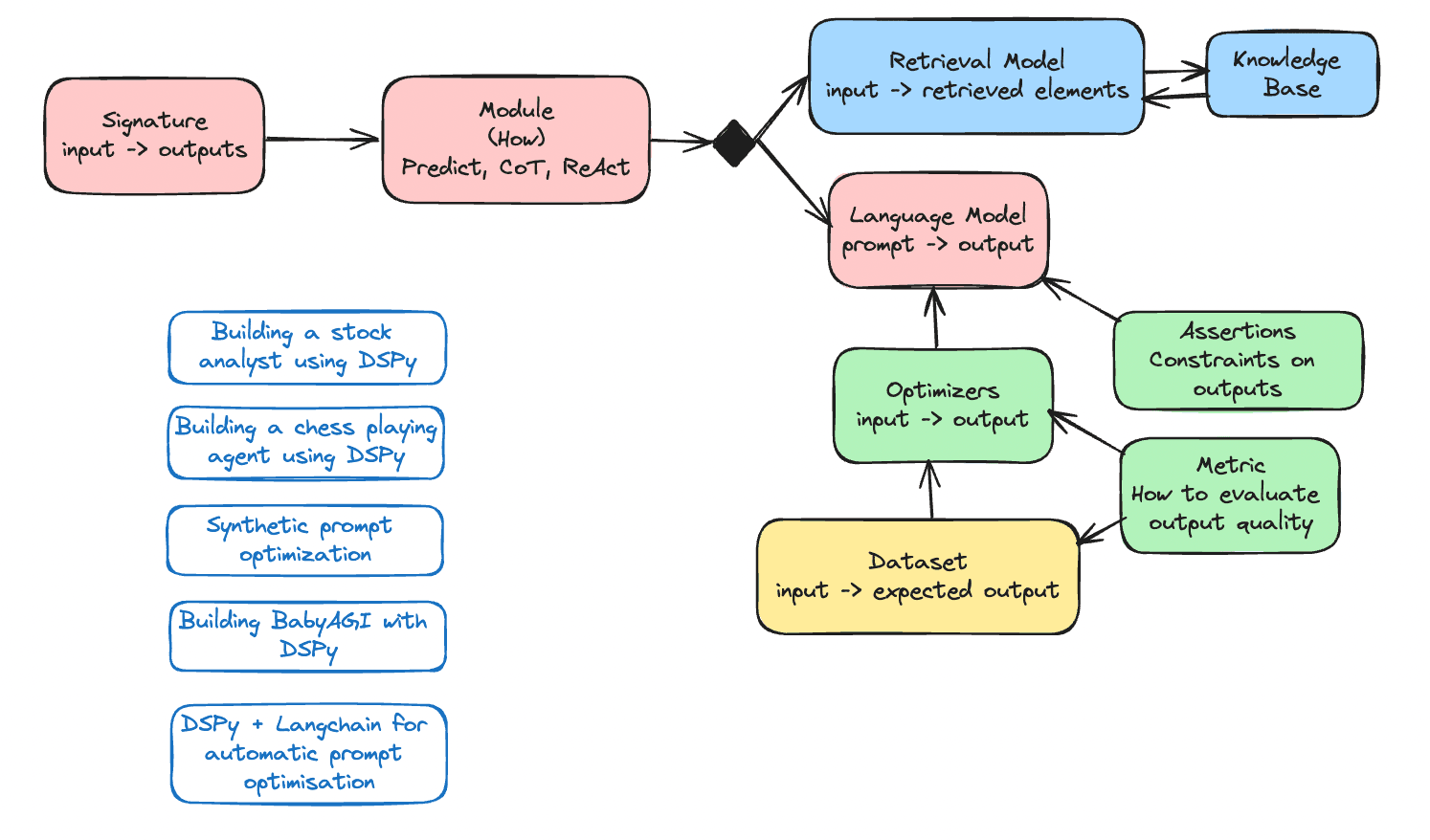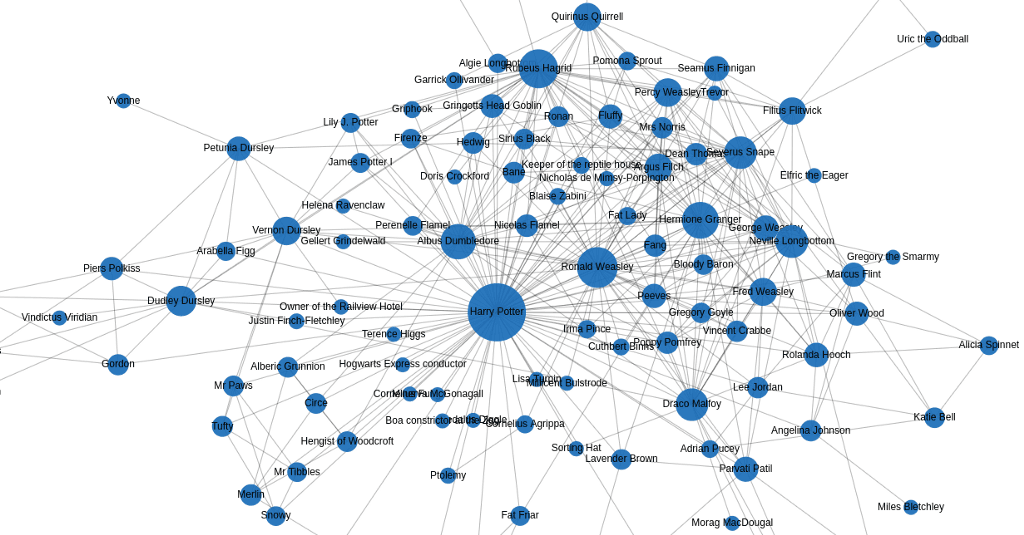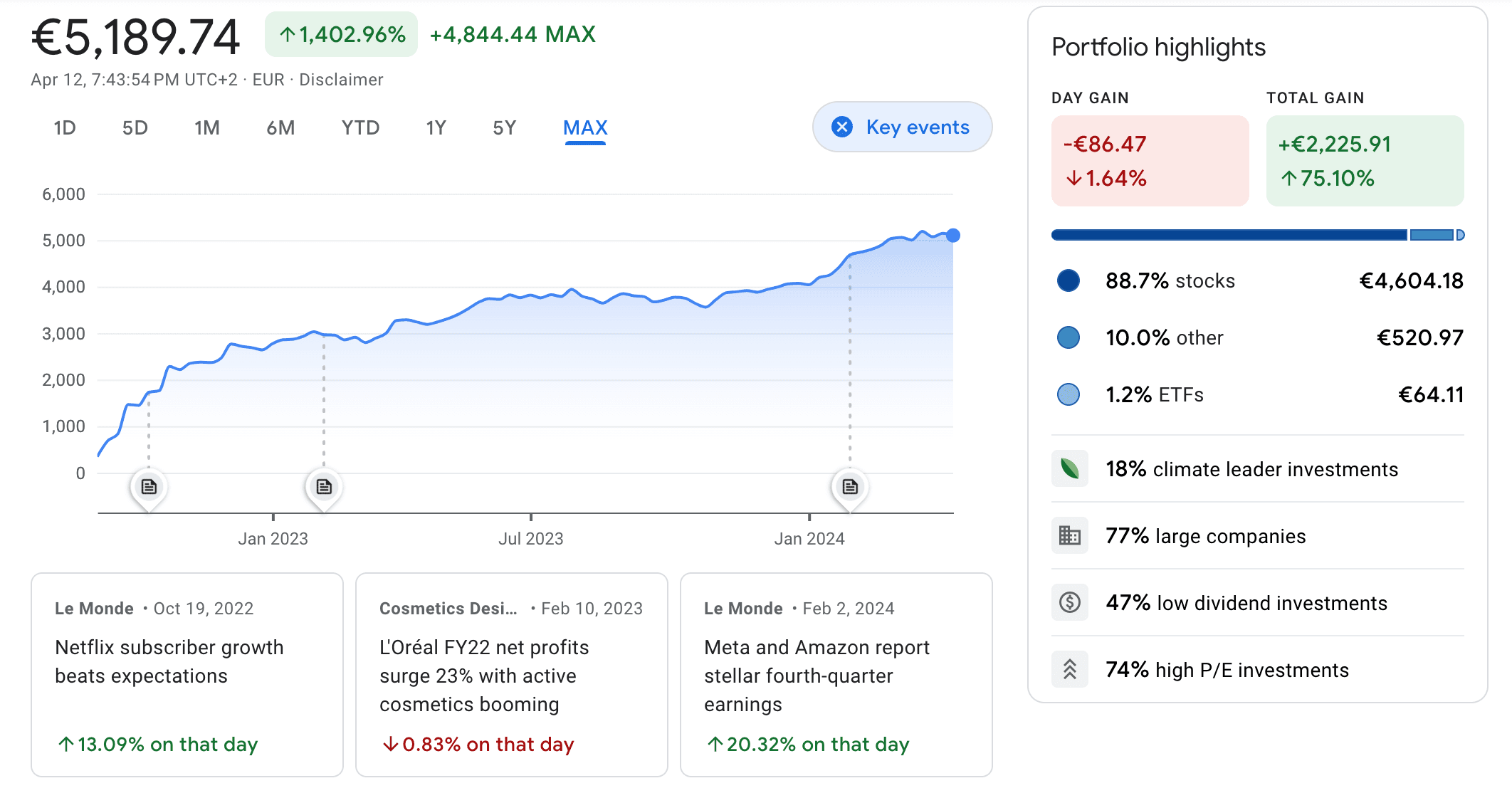The concept of "knowledge work" has been pivotal in understanding the evolution of modern economies, particularly with the rise of the information age. Coined by Peter Drucker in 1959, the term "knowledge worker" describes those whose main assets are knowledge, including their abilities to think, analyze, solve problems, and innovate. As computers became integral to the workplace, the focus shifted from manual labor to information processing, data analysis, and decision-making, marking a profound shift in how work is conducted.
This transition is evident in the evolution of various job roles, such as the decline of traditional bookkeepers and the rise of financial analysts. Automation and advanced financial software have reduced the demand for bookkeepers, with the U.S. Department of Labor forecasting a continued annual decline of about 1.5% in this field through 2026. Conversely, financial analysts are experiencing robust growth, projected at 8% from 2022 to 2032, driven by an increasing need for financial expertise amid more complex market conditions.
Knowledge work has not only transformed specific roles but has revolutionized entire industries, from healthcare to manufacturing. Today, the average knowledge worker utilizes a diverse array of tools—upwards of ten daily—including software for data analysis, customer relationship management, and project management. This vast toolkit is indispensable, shaping the work, decisions, and innovations of knowledge workers.
My thesis asserts that modern knowledge workers are fundamentally tool users. Consider data analysts, who rely heavily on tools like Excel, SQL, and Python to perform their roles effectively. Similarly, software engineers use Git, Docker, and Jenkins for code management and deployment, while marketers utilize Google Analytics and HubSpot for digital marketing tasks. The proficiency in specific tools is often a primary criterion in job recruitment, underscoring the centrality of tools in knowledge work.
However, it's not just about using tools; it's also about pushing their boundaries. Innovators in the field are those who not only master existing tools but also develop new ones, driving the industry forward. This dynamic reflects a broader human tendency: from early hominids to modern professionals, tools have extended our capabilities and shaped our world.
In conclusion, the defining trait of knowledge workers is their use of tools to extend their cognitive and creative capacities. As they navigate and reshape their professional landscapes, they continue to demonstrate the profound impact of tools on human progress, making them the true engine of the modern economy.



